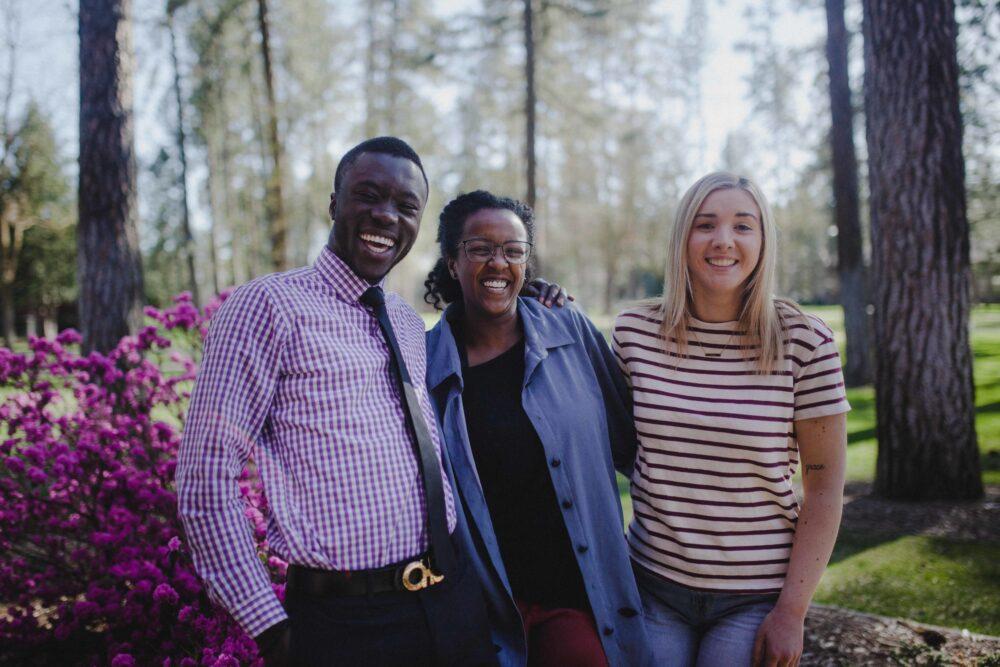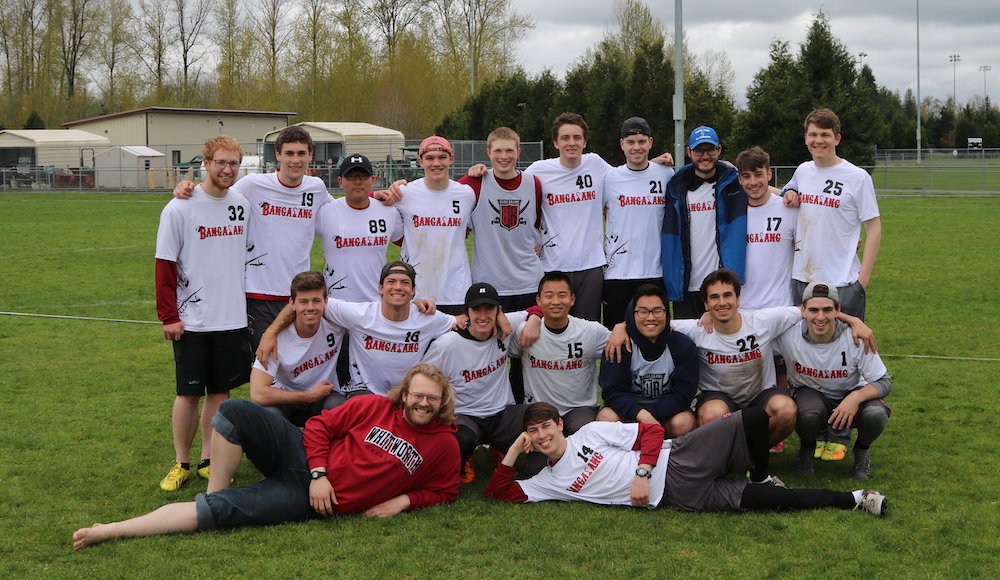Controversies regarding civil discourse between groups of difference has been, and will continue to be relevant within the community until efforts are taken to produce effective communication.
Oct. 19 is the first discussion within a three-evening series of the President’s Colloquy on Whitworth’s campus. The colloquy will provide an outlet for students and faculty to discuss prevalent issues occurring within society in order to create a healthier way of conversing about important topics.
“One of the things that our campus seems to be interested in talking about are the challenges and opportunities we face when having dialogues on issues about which we disagree,” President Beck Taylor said.
President Taylor has specific goals in mind when it comes to the outcomes of the discussions during the colloquy and what it will do for the identity of Whitworth.
“The inability of our campus to have discussions of these issues cuts into who we are,” he said. “Rather than having these forces continually affecting our campus, I hope that this colloquy is a way to chase this problem, name it and talk about its causes, and a way for our campus to have constructive conversation around how we can create a place with more constructive discourse.”
The overall production includes 12 speakers from different disciplines and fields to bring together the idea that Whitworth is united and needs to talk about the pressing issues of differences and current events.
“No discipline is equipped to figure out all the answers on its own,” philosophy professor Nathan King said. “That’s why I’m especially grateful that colleagues from many different departments have agreed to speak.”
Each session covers a topic relating to the way individuals communicate about differences.
The first evening regards to how Christians reflect on civil discourse. The second evening approaches the question of whether or not people can disagree without being disagreeable. Finally, the third evening surrounds the idea of free speech and the degree of freedom it implies when looking at protesting and discussion.
“I’m excited about these topics,” King said. “As a nation, our discourse is broken and graceless. I think a lot of people are looking for a better way to engage each other over difficult topics. To find a different approach, we need to think hard about the purposes of speech, and to master the skills and virtues needed to disagree without demonizing our opponents. I am glad that we will get to spend some time thinking about these issues as a community.”
Along with the importance of the discussions, organizers of the events are also worried about how the information and discussions are perceived by the students.
“First of all, I would hope that in our very manner of engaging in these colloquies, we would model the sort of discourse we hope to cultivate,” visiting assistant professor of theology Joshua Leim said. “That is to say, it’s not just the content itself, but our mode of engagement at the actual colloquy that is so important; in the very things we say we need to model what we hope to cultivate across our campus. Second, one never wants to falsify, but simply to tell the truth. As simple as that sounds, learning to tell the truth in just the right way and just the right time is a Christian discipline that takes a lifetime to cultivate.”
Through these gatherings, there is a common goal among those who have put time and effort into producing these discussions for the campus.
“I think we’ll exit the discussions with a better understanding of good rules of engagement for talking about tense topics, along with some models of what good engagement looks like in action,” King said.
“I hope that it will provide some resources to our campus that might enable us to have a healthier level of discourse about issues that we disagree on,” Taylor said. “This isn’t about creating agreement out of disagreement, the level of disagreement on issues is an asset to the mission of the university. It’s about how we handle the disagreements.”
With the planning and effort that is being put into this campus-wide event, those involved are hoping for a strong turnout by the student body.
“I really hope people will take time out of their busy schedules to come to these events,” President Taylor said. “I think they have the opportunity to shape our campus.”









 Spokane?
Spokane?